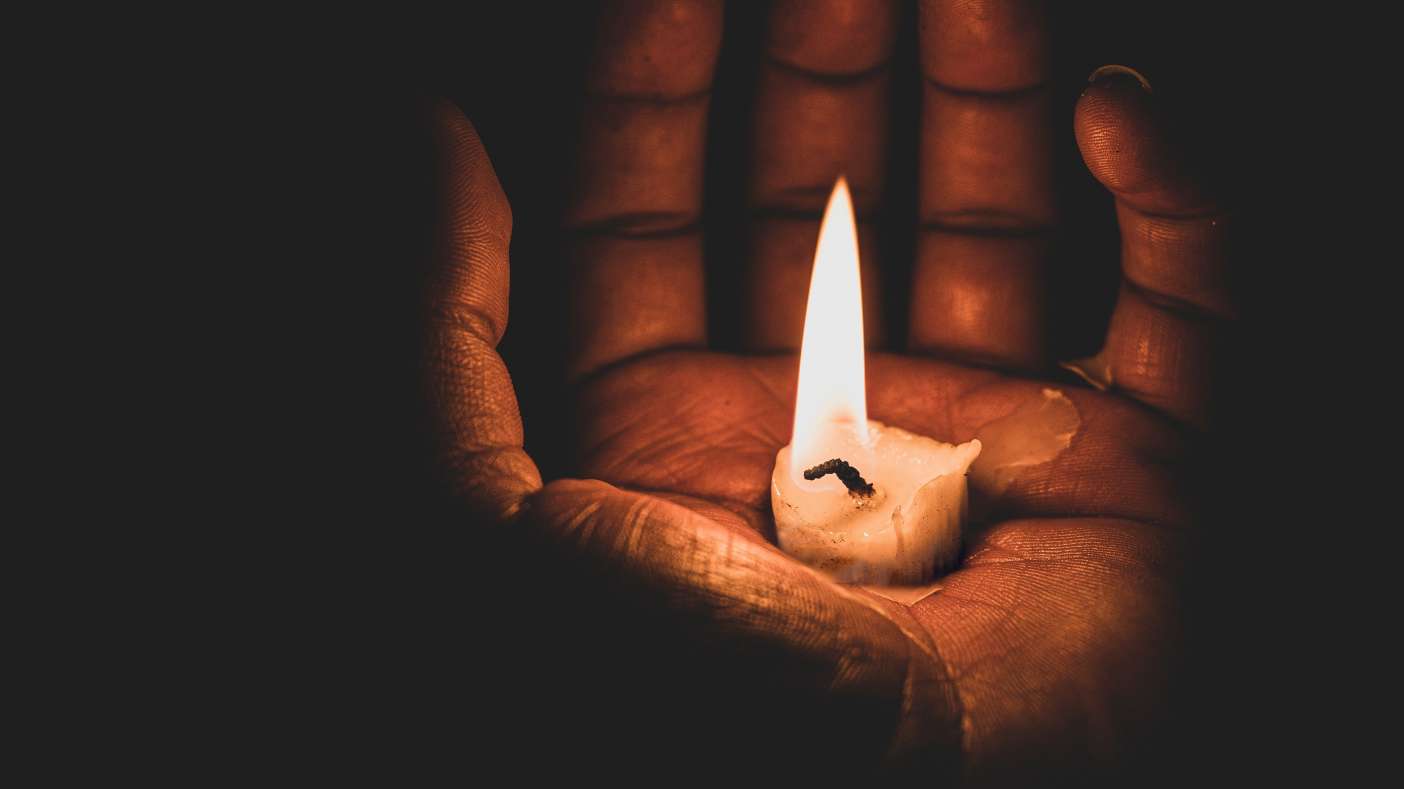What is grief?
Grief describes the numerous thoughts and feelings we experience when we lose something or someone we love and value. Grieving comes in many forms and may not necessarily involve the death of a person, although this is the most widely known cause of bereavement; we can find ourselves grieving at the end of a relationship or a friendship, at the loss of a job or of financial security, after a miscarriage, because of infertility, or because of serious illness or disability – our own or someone we love; or even at the death of a pet. The more central to our lives the thing we have lost, the greater the sense of loss and grief.
Grief Stages
Although the experience of grief is absolutely natural and normal, and something which everyone goes through at some point in their lives, it is nonetheless extremely difficult and painful. And although we all go through the process of grieving, each individual experiences it differently
Stages can include initial shock, denial and disbelief, followed by suffering, sadness, anger, guilt, anxiety and, finally, recovery. However many people don’t in fact experience every single emotion which are stated to be part of the grief stages, and very few people experience them in the order in which they’re set out. It can even make you feel worse if you try to fit your own feelings into this sort of pattern, and find that they don’t match. This can lead to a feeling of isolation and of guilt that you are failing to grieve “properly”.
Many people feel guilt at things they did or didn’t say or do; feelings of anger and blame are also common, as is increased anxiety and stress. You may suffer anxiety about how you will cope without the person you have lost, about your own health, about dying, about financial insecurity, or about the loss of your place in the world. You may lose confidence and self esteem, or develop a fear of loneliness. You may also experience physical symptoms of grief – loss of appetite, weight loss or weight gain, sickness, fatigue, sleeplessness, increased susceptibility to illness. Hypnotherapy can give you positive suggestions to help cope with anxiety, insomnia deep sadness and depression, and other symptoms of grieving; it can reduce feelings of guilt and blame, and help you to find ways to cope in the future. It can give you suggestions to encourage you to look after your physical health. Hypnosis can also help you to begin to move on, to begin to live your life again and to learn to enjoy yourself once more without feeling guilty. It can help you to find ways to remember the person you have lost, and to still feel that they are part of you and part of your life. Hypnosis also helps to rebuild confidence when you have suffered the loss of a job or financial security, and to get rid of anxiety and insecurity when you are getting over the loss of a relationship or the death of a pet. Hypnosis helps you to regain confidence, enthusiasm, and motivation in your daily life.
Grief following the death of a pet
Many people find it hard to understand the depth of loss suffered after pet loss. However, for myself and an increasing number of people, pets are a hugely important part of life, and the loss of a dog, cat or other animal can be deeply distressing. What makes it worse is that sympathy and support are not always available. People may express surprise that you are so upset – “But he was only a cat”; “Why don’t you just get another dog?” As well meaning as this advice may be, it only serves to increases the pain and feelings of loss, as you feel that no-one understands what you are feeling, and you are unable to talk meaningfully about it. Unlike the death of a person, it is unlikely that many people share our memories of an animal – his or her habits or funny ways – again making it hard to talk about it. The love we feel for our animals is usually uncomplicated – we are not let down or abandoned by our pets; they don’t judge us, shout at us, lose their tempers or refuse to speak to us. If you lock them in the garage by mistake or feed them late, or let them out in the garden rather than walking them because its dark, rainy and cold, they simply forgive you, and love you unconditionally. They don’t make unreasonable demands. It is no wonder that the loss of a pet can cause such hurt.
Sometimes we just need a little help saying goodbye, healing and moving forward with our lives. During hypnotherapy I will endeavour to help you find peace and acceptance at this difficult time.
Email me at lynn@lynnwardhypnotherapy.co.uk or call me on 01278-760003.

